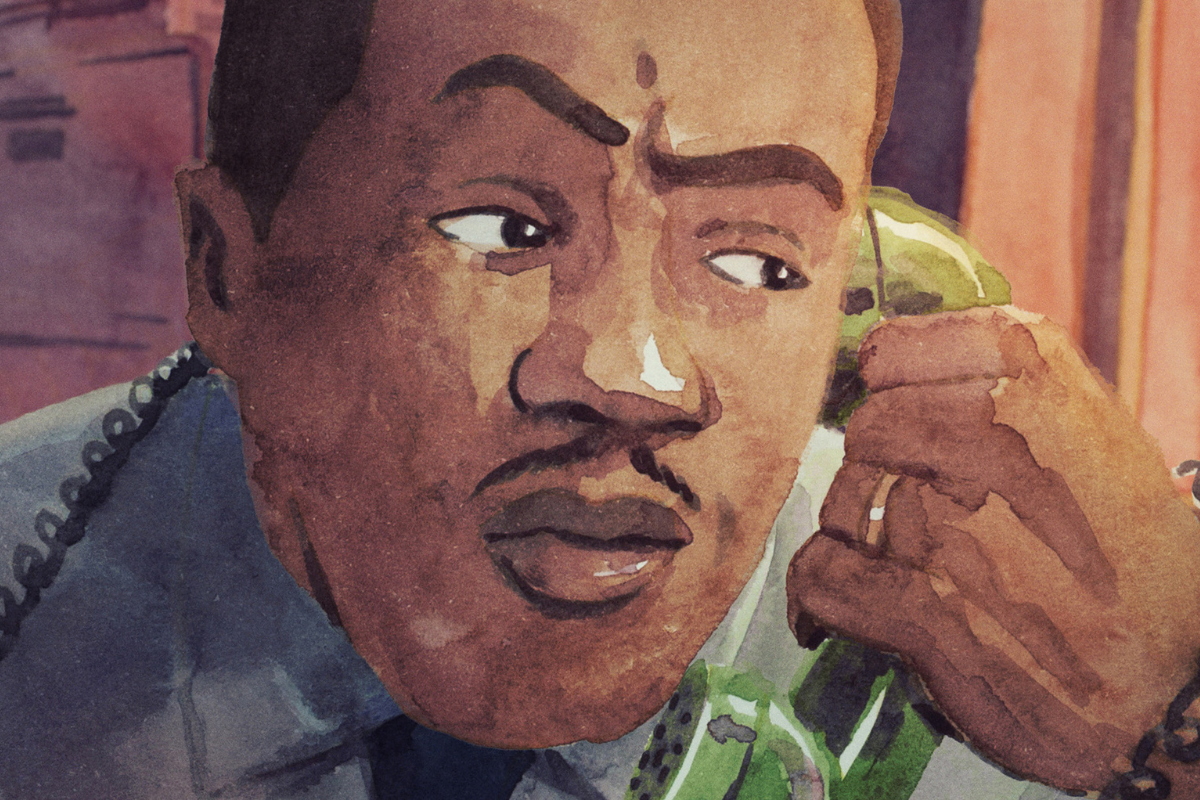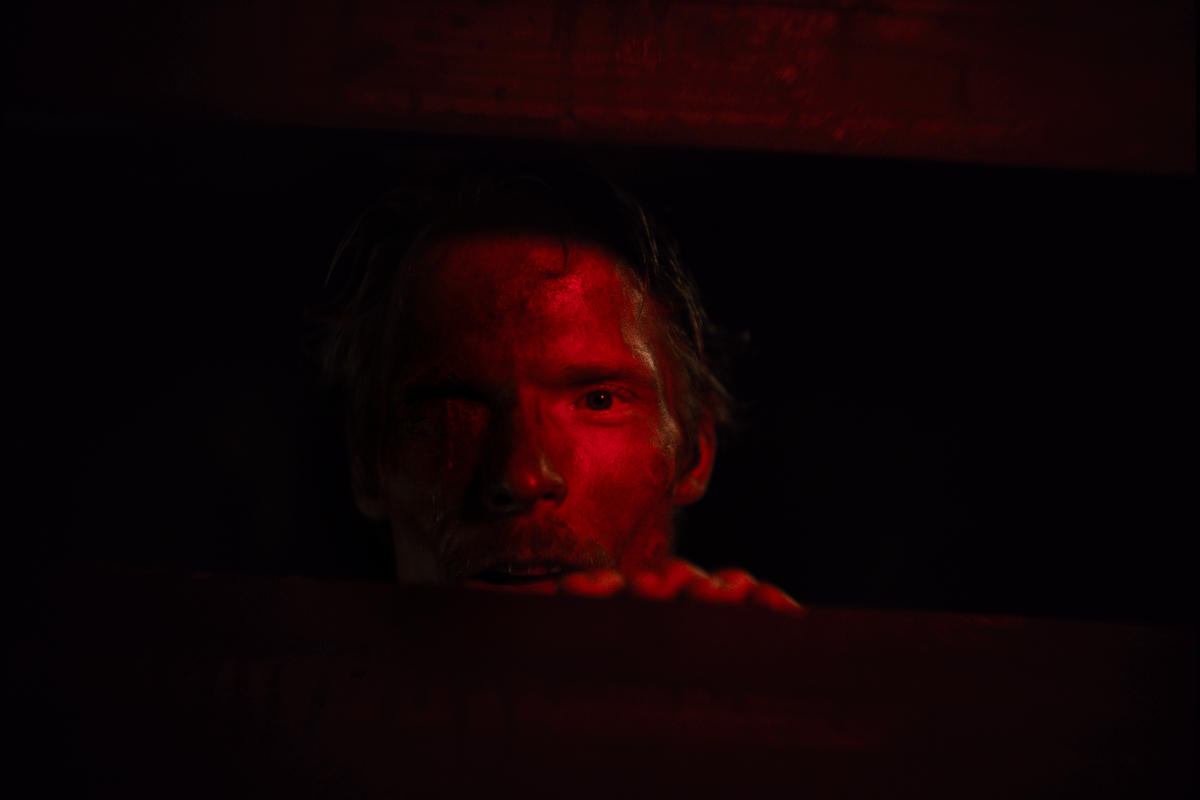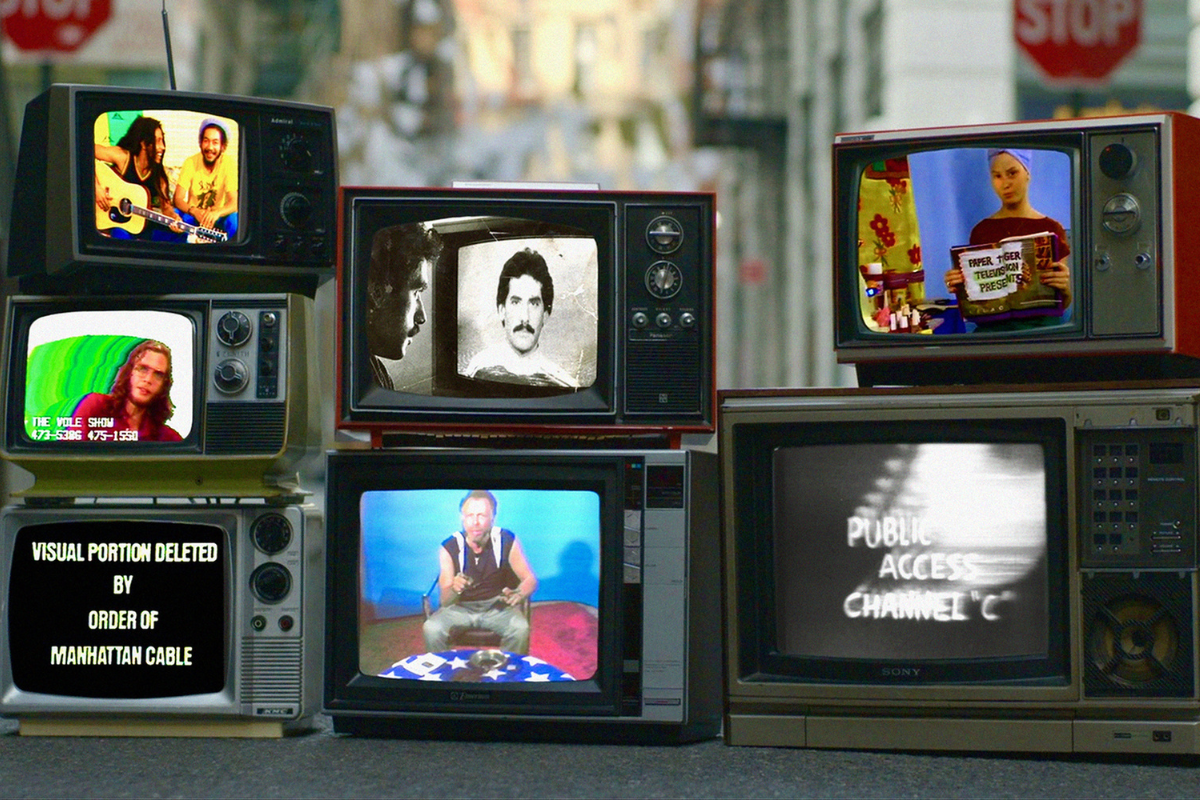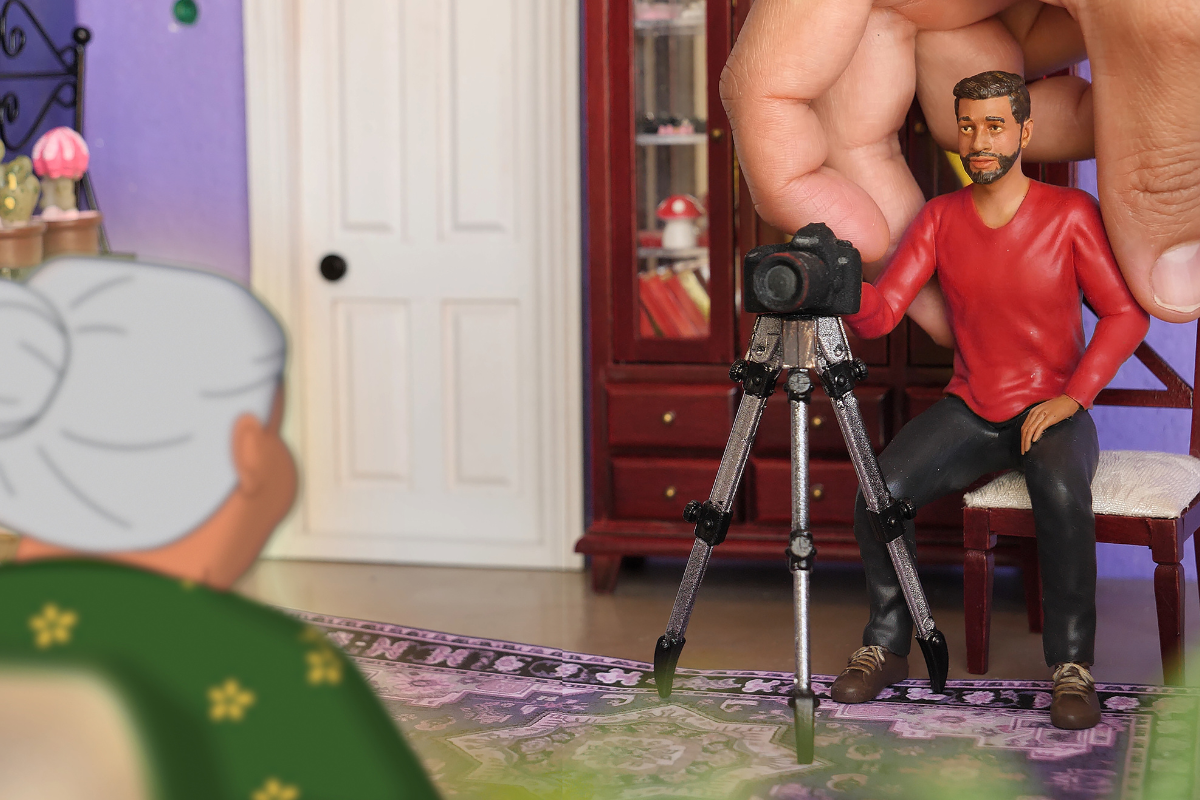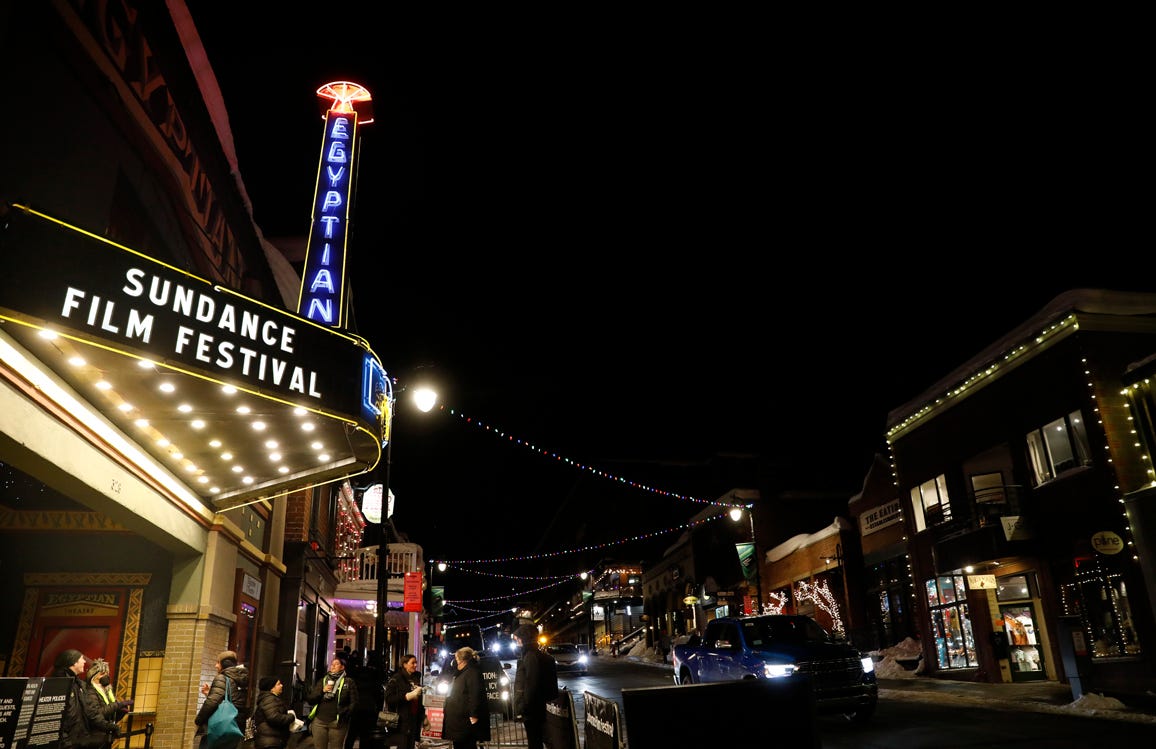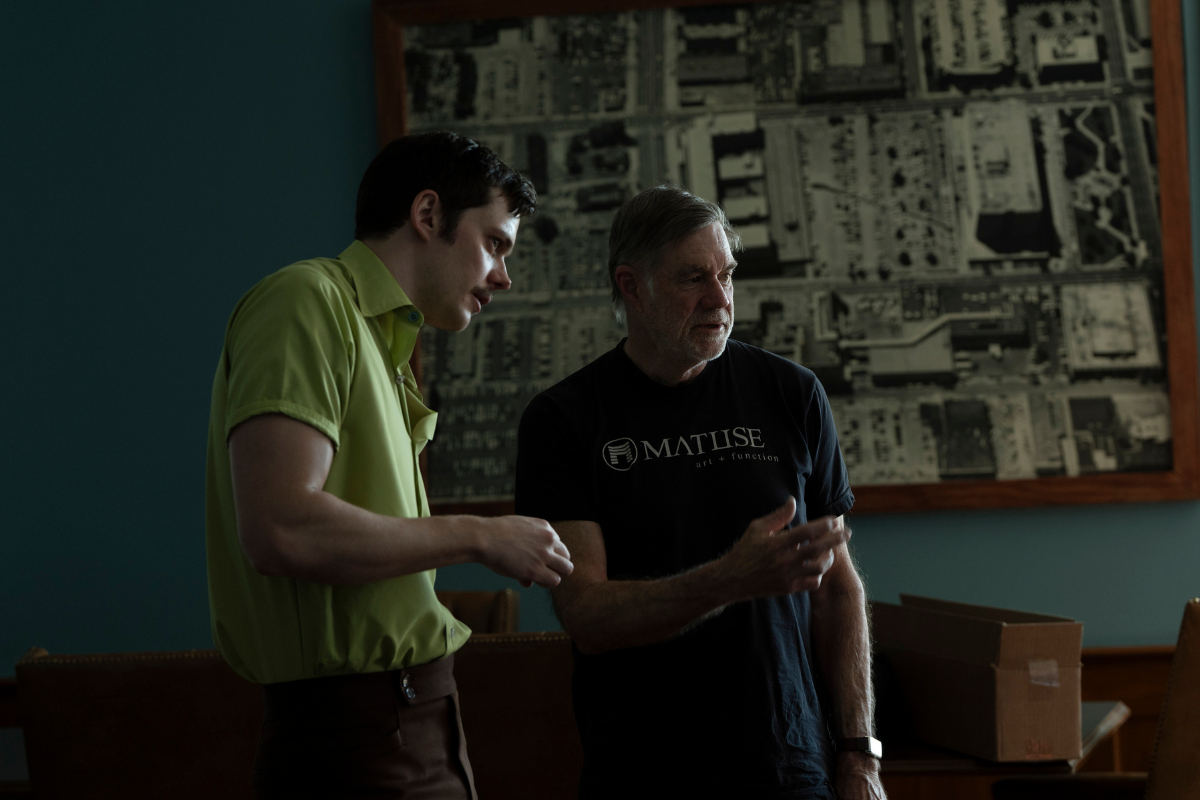How Screenwriter Lauren Pomerantz Found Her Voice Writing ‘Am I OK?’
‘Am I OK?’ screenwriter Lauren Pomerantz shares with Script how she’s been able to process her story and the reality of seeing her story as a movie, writing the screenplay, and finding her voice during the creative process, and the importance of digging deeper as a writer.
Am I OK? is a story about Lucy and Jane who have been best friends their entire lives. Only when Lucy embarks on a personal journey, will she face a test of her friendship, and her sense of self, on a path she may not be entirely ready to take.
This moving love story about friendship and self-worth premiered today at Sundance Film Festival 2022, and is the feature directorial debut by Tig Notaro and Stephanie Allynne, with the screenplay written by Lauren Pomerantz. The film is also personal, it's an autobiographical take of Lauren's formative journey in embracing her identity, alongside her closest and dearest friend Jessica Elbaum. The story is endearing, it's raw, it's fun and multi-layered in many truths, and you can tell that this film is a labor of love from both Lauren, directing partners Notaro and Allynne, the cast, and everyone else involved in front and behind the scenes.
I had the greatest joy in speaking with Lauren about writing this movie, how she's been able to process her story and the reality of seeing her story as a movie, finding her voice during the creative process, and the importance of digging deeper as a writer.
This interview has been edited for content and clarity.
Sadie Dean: You did such a great job in clearly painting friendship, and that bond that is forged between female friends. And the realness and messiness that comes with those friendships. Why was it important for you to write this story about these two characters, based off you and Jessica?
Lauren Pomerantz: It was important for several reasons. One is that, I too, love friendship stories. I think female friendships can be so complicated and layered, but also wonderful and fun and funny and weird and stupid. This movie started as a friendship movie. I started writing it when I was still very much closeted. And Jessica and I, we hung out all the time and she was the bossy best friend, who told me what to do. And I was the quiet, meek friend, who did everything she told me to do. And I don't think there was anything that I said no to. It was like, ‘Come with me to this thing,’ ‘Come with me on this hike.’ After I moved to LA, she was living here and I was in New York, we hiked Runyon, and she took me on the hard hike. And I was like living in New York, I don't hike. And we went down, I have to remind her this, the steepest hill, I had to go down on my butt because this is crazy. And then I still would just do whatever she said. [laughs] And that was the beginning. So, we kept doing all these crazy things. And we then laugh about it afterward, sometimes, long afterward. We were like, ‘This should be a movie, lthis should be a script about two best friends.’ So, that's what I started writing.
And then simultaneously, I was like, struggling to come out. It was the one area of life we actually did not talk about, I just wouldn't talk about it. She would date guys. And I would sort of pretend to date guys, I would sometimes go on a date, but nothing was happening. And I just didn't want to talk about it. And I think she was suspicious. As I kind of began my coming out journey, and then finally came out, I was like, ‘Oh, this is the story that I want to tell.’ Because this is the story that I haven't seen yet which is the later in life, for the most part, a person struggling in a way that I hadn't seen it. This is very internal. This is just me. There’s always family stuff, religion stuff around, but it was really like me and I was just so reluctant and I was just not willing to even try. And then I thought that was the story I wanted to tell. You see a lot of those stories or you see the family story or the religious story or whatever, but you don't really see this person just struggling inside. And so, I decided to pair it together because I thought that would be a fun way to tell a friendship story.
Sadie: It’s like this beautiful romantic comedy for friends. Did you find any catharsis while going through this writing process?
Lauren: I did well. I actually think it made our friendship better, funnily enough, because there were things that we didn't talk about, and like, there's a muffin thing in the movie that was real. She once made me have half a muffin on an airplane like half over the ocean or whatever. And being able to kind of laugh at a lot of those things now, in retrospect, made us closer. And then we could talk about how much I cried, going through my coming out process and how hard it was and how annoying I was and how scary she was, and all of those things, we could talk about it easily, and that really helped in that way.
In my own sort of journey, it really did help. And it was funny because I think the first draft I wrote, I had some people read it and they were like, ‘You gotta go deeper.’ And I remember being like, ‘I think this is pretty deep but OK.’ And then Jessica was like, ‘Remember how much you cried? You cried so much.’ And I was like, ‘Oh, yeah, I guess I did cry.’ But I almost forgot about it, because I had already been through it. Which is so wild, because going through it, I was like, ‘I'm never gonna get out of this!’ And then on the other end, I was like, ‘Oh, did I cry?’ And she was like, ‘Did you cry?! All you did was cry!’ It was really amazing to look back and say, ‘I got through that part that I thought I would absolutely never get through and deal with.’ It’s wild that it's a movie.
Sadie: There’s such a great melting pot of comedians in this movie in front and behind the camera, most notably Tig Notaro and Stephanie Allynne - did you initially pitch this to them to direct, or did you have them in mind as the team you wanted to direct your movie?
Lauren: Tig and I had worked together on a totally different project, around 2018 or 2019. And that project was coming to an end. And we were like, ‘That was fun. We should find something together to work on again.’ And then we talked about another idea we had, we were going to do a TV thing. And we kind of went down that road. And then when we were trying to get this movie, going, shortly thereafter, I was like, ‘Oh, wait a minute, I have this thing and would you want to direct?’ And it turned out that she and Stephanie did want to direct together. And so, they read it and they really responded to it. And Stephanie has a very similar story, so she really connected with it. And then that's how it all kind of came together. It became our little journey from there. And that was great, because both of their experiences really helped fully form this story.
Sadie: Because it's such a personal piece for you, once you saw the movie and took some time to process it, how did that sit with you?
Lauren: It was bananas. I just called Jessica about an hour ago and I was like, ‘I don't think we're fully talking about how crazy this is that we have a movie about our friendship in Sundance. I don't think we're processing that.’ And the first time I saw a cut of it, I remember my wife actually just had twins in June and we were watching it while the babies were like sleeping, and there is a song in it that came on by the Alabama Shakes. And the Alabama Shakes were very much a part of my formative years within this experience. And it was just a coincidence. They didn't know that and it just ended up in the movie. And I just sat there and I was like, ‘This is crazy.’ If you would have told me that when I was at this Alabama Shakes concert, freaking out and just having the weirdest, the most stressful experience about everything that was happening in this moment, I never would have thought like, ‘Oh, but one day it will be in a movie about your experience coming out.’ Just like wouldn't have been an option. It was wild. It remains mind boggling to me.
Sadie: That's amazing, full circle. Music transcends everything. What initially attracted you to the world of comedy and wanting to be a writer?
Lauren: I always wanted to work in television, as a kid, like a weird little nerdy kid, I was like, ‘I wanna work in TV,’ not knowing what that even really meant. SI think in my head, I always felt like I was going to produce TV. And I went to NYU, and I did the film school thing, I was like, ‘Oh, I really like writing.’ And then I got an internship at SNL. And I was there for a long time. I interned there for two years, and then I became the receptionist there and an assistant there, and then a writer there. And that whole time, which was like six years, I knew that's what I really wanted to get into and what I wanted to do, and they let you write jokes for Weekend Update as an assistant there. So, I was like doing that and that was like all I cared about. [laughs]
Sadie: Because of your very impressive background in TV, did you utilize any of that mindset when sitting down to write this feature, or was this a total foreign territory for you?
Lauren: It was kind of foreign territory to me. I had always wanted to write a screenplay. And working in TV, your hours are a little crazy, so I never could do it while I had a regular TV day job. So, I actually left my job, and was like, ‘This is it, I have to write this movie now.’ I was very determined to write this thing, and it took me far longer than it should have. But because it was kind of a new thing for me, and I definitely could draw on some of the structural things I had learned in sitcom writing, but it was very new. I'd written little things throughout the years, but nothing that large. I just kind of like went page by page. [laughs]
Sadie: As you do. A lot of people say to write what you know and write what you want to see, and I feel like you did that with this movie.
Lauren: I did. But I never ever did before. Everything I wrote before was very superficial, and what I thought I should write about and more kind of silly, and nothing very personal because I just couldn't tap into that. I didn't really even know what I was wanting to say. And I'm so happy that I did do it because it's opened me up as a person and it's opened up my whole creative landscape. It's so true, it's so cliche, but it's so true.
Sadie: You found your voice initially through this process. A lot of people can be in this business for 20 years and still trying to figure out what they’re trying to say.
Lauren: Yeah, by being honest and sitting in it for a second. Truly, I did have to go deeper and deeper with each draft because my friends were reading it were like, ‘Yeah, but there's a little more here.’ And then I was like, ‘Yeah, you're right. OK.’ [laughs] And then I would go a little deeper each time. And it's hard, it’s not comfortable. But it's worth it because it just comes across so much more authentic than writing something that I was like, ‘I think this could be funny, maybe?’
Sadie: Are there any stories that you're excited to tackle next?
Lauren: I'm not sure exactly what's going to be next. I am rewriting something right now and I really like it. I really like these small little stories and so, I hope to do more of that. And I love the female friendship space. I have sisters, I like that whole space. I just had babies, so there's a lot of new things to kind of pull from. So hopefully, I'll be inspired once I get a little more sleep. [laughs]
Sadie: Any advice for screenwriters that are writing about their own life events? What is something they should totally lean into or disregard?
Lauren: I would say go three times deeper than you want to. [laughs] Like, really get in there as uncomfortable as it is, and just kind of try to remember, back into the experience and really pull from it as much as you can. This has been said a million times, but l the specificity is what is like the best part of it, I think. And so, don't be afraid to really get in there or be afraid to get in there. But do it anyway. Because that's what's really worth it. And pulling from those experiences, I think are the most meaningful.


